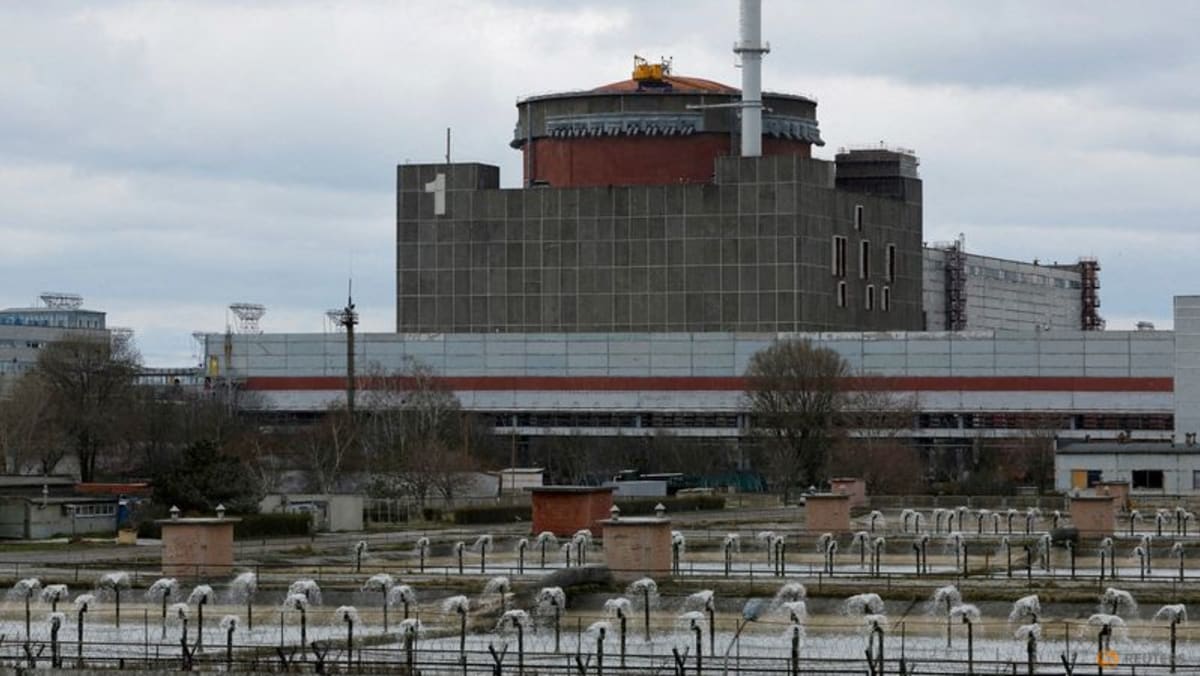No immediate risk at Ukraine nuclear plant after dam damage: IAEA
VIENNA: The UN’s nuclear watchdog said on Tuesday (Jun 6) that it saw “no immediate nuclear safety risk” but was exploring options to get water to keep cooling Europe’s biggest atomic plant after a dam in southern Ukraine was damaged.
Moscow and Kyiv have blamed each other for the damage at the Kakhovka hydroelectric dam and offered conflicting versions on the safety situation at the Russian-occupied plant, some 150km away.
The Kakhovka dam sits on the Dnipro river, which feeds a reservoir providing cooling water for the Zaporizhzhia nuclear power station.
The International Atomic Energy Agency (IAEA) said it was “closely monitoring the situation” at the plant but saw “no immediate nuclear safety risk”.
Damage to the dam was leading to a reduction in the height of the reservoir of about 5cm per hour, IAEA head Rafael Grossi said in a statement to his agency’s 35-member board of governors.
Water in the reservoir was at around 16.4m early Tuesday, and if it drops below 12.7m, then it can no longer be pumped to the plant, Grossi warned, adding this could happen in “a few days”.
Plant staff were making “all efforts to pump as much water into its cooling channels and related systems as possible”, while supplies for “non-essential consumers of water” at the plant were being stopped, he added.
Besides that, IAEA is looking to confirm whether a large cooling pond next to the site would be able to provide water for cooling “for some months”, he said, adding that this pond “by design is kept above the height of the reservoir”.
For all the latest world News Click Here

